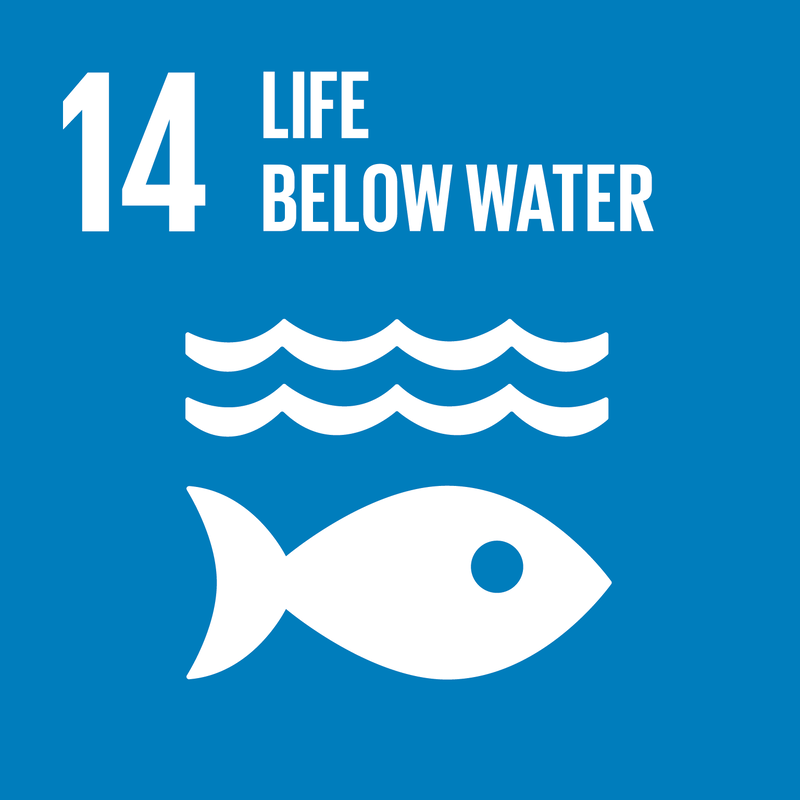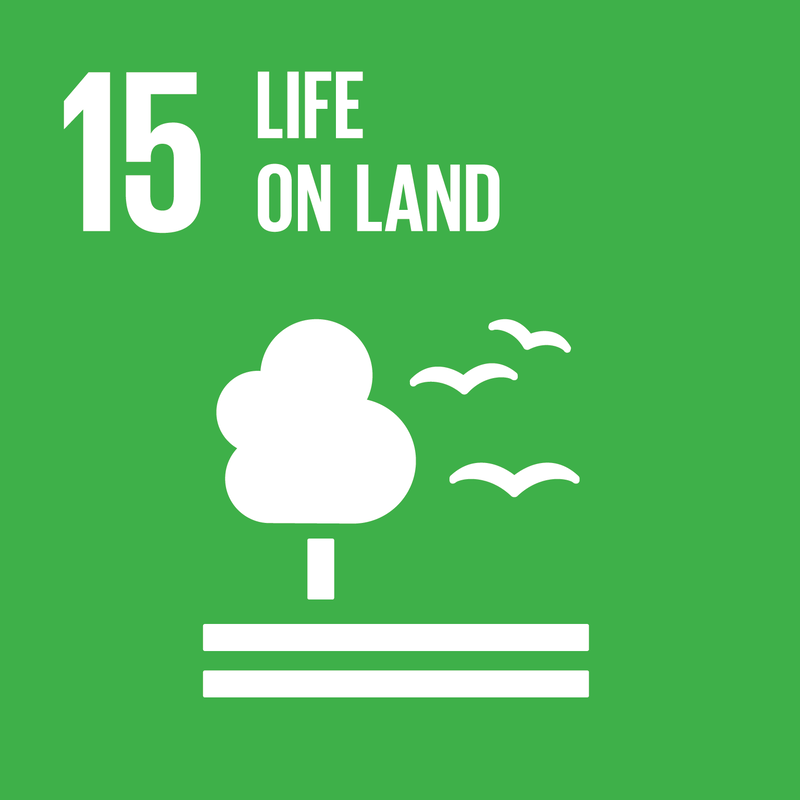|
Life below water? Why should I care—I live above water! Sustainable Development Goal 14 talks about life below water, and we should care, and we must if we want sustainable resources for a healthy future. Did you know that about 71 percent of the Earth's surface is water-covered, and the oceans hold about 96.5 percent of all Earth's water? Just think, for a moment, where we would be without our oceans. The issue extends much further than a lack of beach vacations. In fact, the UN notes that without oceans, the earth would not be a habitable planet. “Our rainwater, drinking water, weather, climate, coastlines, much of our food, and even the oxygen in the air we breathe, are all ultimately provided and regulated by the sea.” Our waterways serve many functions. Besides feeding us, regulating the climate and producing much of our oxygen, they also serve as the “foundation for much of the world’s economy, supporting sectors from tourism to fisheries to international shipping.” Luckily, prioritizing our waterways has increased recently, and according to the UN, “97 countries signed the Agreement on Port State Measures, the first binding international agreement on illegal, unreported and unregulated fishing.” Likewise, COVID-19’s impact on reduced human activity has given our oceans a bit of time to breathe and heal. Still, pollution and acidification continue to threaten our marine ecosystems. So what can we do? Or as the Vincentian question states: what must be done? In our daily lives, there are several steps we can take to reduce the harm we might cause. Firstly, we can avoid single use plastics and try to live a more minimalist lifestyle. That’s a heavy lift and not likely to be attractive to many of us, but something must be done. We can eat only MSC-certified fish, and less of it as 85% of the world’s fisheries are fully- to over-exploited, depleted, or in a state of collapse. We can switch to eco-friendly products while being aware of false green-marketing. We can actively work to reduce our carbon footprint. Eat, shop, plan and live strategically with the environment in mind. As we grow more aware, we can share our actions with others to start a growing movement of people who care about life- above, below, between or behind water- recognizing the intricate connection of it all, and especially the connections we all have with one another. Jim Claffey, NGO for the CM @ the UN Chloe Bergeron, UN intern for the CM [email protected] Surely many of us played with dominos as a kid, setting up every single piece in beautiful formation only to knock one down, which inevitably knocks down another, and another, and another… Today, we continue to play the same game. Everyday many of us walk through our cities, breathe in polluted air, buy food that is often not locally grown, misuse resources and go home to a false comfort thinking all of this is normal and everything is fine.
It may be normal but all is not fine. Immediate lifestyle change and significant action are critical to restore the future of our planet. And technology contributes in both directions: we buy a new tech device, making life easier, but also then validate dangerous mining projects that produce the metals while severely damaging the lives of poor, and often indigenous, peoples. We eat meat—of course we do—but we also then increase carbon emissions. All actions have reactions followed by more reactions, in our inter-connected world and life. Sustainable Development Goal 15 speaks to protecting, restoring and promoting sustainable use of terrestrial ecosystems, sustainably manage forests, combat desertification, halt and reverse land degradation and cut down on biodiversity loss. As you can tell, there are many facets to this SDG, but like all 17, the elements and components of one are connected to one another. And like many of the SDGs, the change starts with us. According to the 2020 UN Targets, we are falling short on halting biodiversity loss. Our forests are home to more than 80% of all land-based species, yet as our forests suffer due to increasing droughts, fires, and deforestation, over 31,000 species are threatened with extinction. Likewise, forest areas are declining at an alarming rate, driven mainly by agricultural expansion. Each day, we make many choices that affect our life on this beautiful land. There are many ways to get involved: we could plant a tree, pick up litter when we see it, go paperless at home and in office spaces, buy recycled products, support companies committed to reducing deforestation, buy only what we will use, avoid Palm Oil, recycle and plan our shopping strategically. Politically, there are many steps we can take when it comes to achieving environmental justice. Writing to our legislators and pushing for legislation that corresponds to the need for action against climate change. Showing our local governments that we prioritize alternative energies. Economically, we can invest in green companies and those who are actively working to build a better tomorrow, and support ideas that are innovative and that rebuild broken systems. Personally, we can find inspiration from an environmental leader and start a garden. My (Chloe) environmental leader, a Shaman’s son and indigenous Shuar leader, Etsa Kuja, once told me that if you are able to keep a plant alive for 6 months- if you are able to nurture it, remember to water it, support it, diagnose its needs, and prioritize its wellbeing- then, and only then, can you understand love. Then and only then, can you say that you have a healthy relationship with our mother earth. We can all learn from and should listen to Indigenous people, often the greatest caretakers of our Earth. As we move into the second half of 2021, following a Global Pandemic, it seems as though our dominos are all knocked down. But what did we always do after knocking them down? Well, we picked them right back up, of course, and began setting them up again in an even more magnificent formation. Jim Claffey, NGO for the CM to the UN Chloe Bergeron, Intern for the CM @ the UN www.Congregationofthemission-un-ngo.com
0 Comments
Leave a Reply. |
Categories |
Congregation of the Mission - Vincentians
United Nations Office
246 E 46th Street
Vincentian International Network For Justice, Peace and Integrity of Creation
United Nations Office
246 E 46th Street
Vincentian International Network For Justice, Peace and Integrity of Creation




 RSS Feed
RSS Feed